 |
Sundar Pichai, CEO of Google, arrives at court for an antitrust lawsuit in 2023. Photo: New York Times . |
In recent months, the E. Barrett Prettyman Courthouse in downtown Washington has been packed with lawyers, reporters, and curious onlookers, welcoming everyone from Silicon Valley billionaires to fired federal employees.
The courthouse, with its large, airy atrium and long, dark hallways, is often used to hear lawsuits involving government agencies. That means that in addition to lawsuits against the Trump administration, the court is also handling two of the most closely watched tech cases today.
Key cases
From mid-April to late May, judges presided over the lawsuit between the US Federal Trade Commission (FTC) and Meta, as well as between the US Department of Justice and Google, not to mention the litigation surrounding Mr. Trump's first 100 days in office.
According to The Verge , it was a memorable experience for American reporters, but also showed the great influence and impact of the lawsuit on the public.
During the trial, the court heard from many prominent tech executives. Mark Zuckerberg took the stand to talk about the success of Instagram. A week later, Instagram co-founder Kevin Systrom, Zuckerberg’s former partner, described the CEO as a “jealous boss.”
Google CEO Sundar Pichai prepared to testify on a floor above, followed by the executives of some of Google's major rivals, including Microsoft and OpenAI.
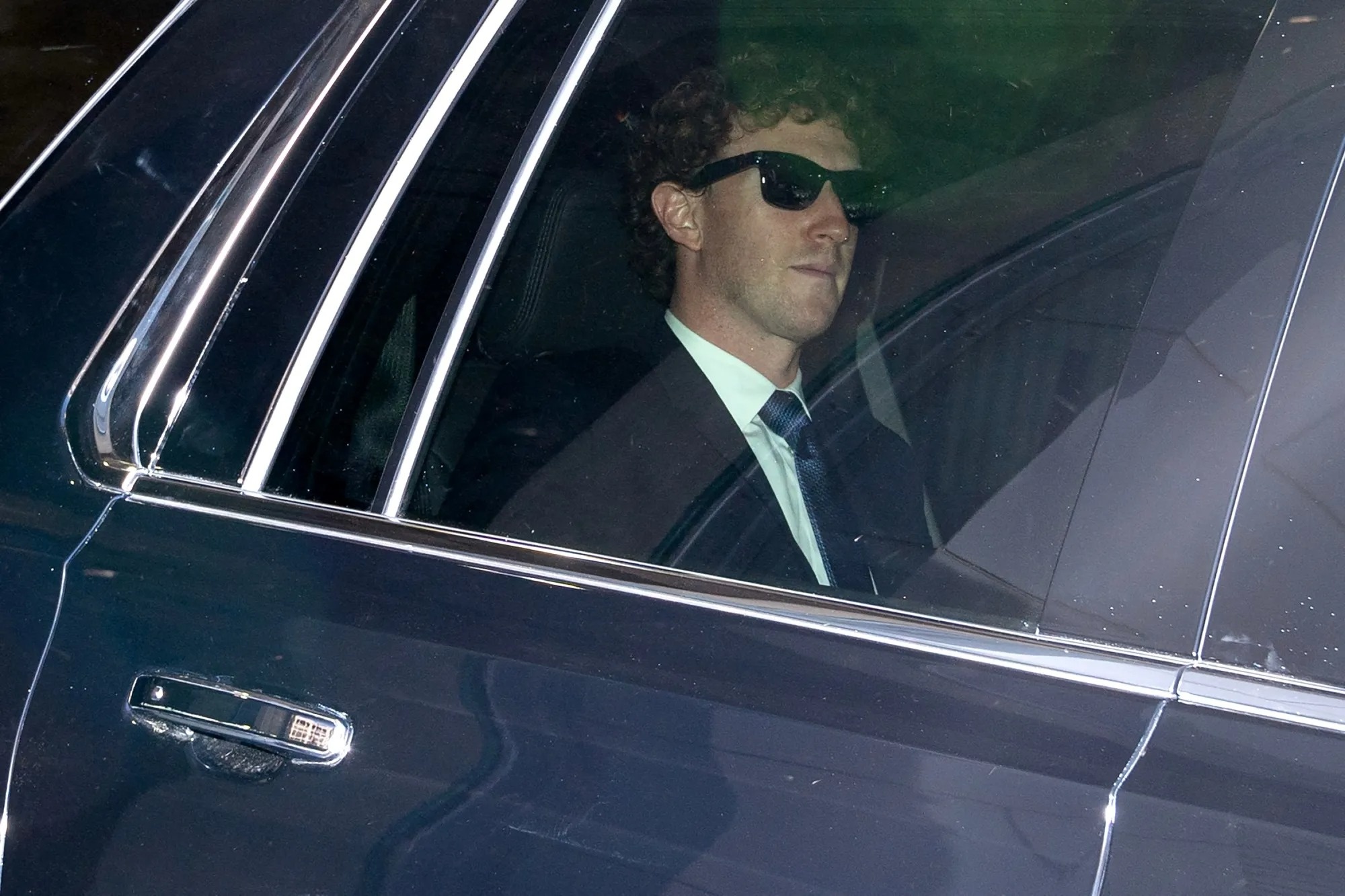 |
Mark Zuckerberg, CEO of Meta, leaves a hearing in Washington on April 15. Photo: Bloomberg . |
As they head to court, executives understand the stakes are high for the company. Judge James Boasberg is tasked with determining whether Meta has created an illegal monopoly by acquiring Instagram and WhatsApp. Judge Amit Mehta will decide whether Google can sell its Chrome browser or provide search data to third parties.
This is also a challenge for judges. Boasberg was assigned to handle the Meta case long before Trump took office. He has since overseen a case about the administration’s use of the Foreign Enemies Act to deport immigrants, as well as the Trump administration’s use of the Signal app to discuss attack plans.
After Meta's hearing ended, Boasberg also faced President Trump himself, who called him an "inciter" and called for the judge's impeachment.
Reshaping the Future of the Internet
In 1998, Judge E. Barrett Prettyman held a “life and death” trial for Microsoft. The case between the US government and Microsoft was a turning point, determining that the company had abused its dominant position in the computer operating system market to hinder competitors, including emerging web browsers like Netscape.
After the lawsuits and settlements, regulators took a softer approach to the next generation of tech companies. It took more than 20 years for the U.S. government to return to the battlefield with lawsuits against Meta and Google.
The internet search and social media landscape has changed dramatically in the past five years, with the rise of TikTok and generative AI. The landscape around technology has also shifted, with both major US parties embracing antitrust.
At the same time, competition from foreign companies has increased, especially TikTok. Last year, TikTok’s CEO had to testify in court to avoid a ban in the US. This year, the company returned as a witness in the Meta trial.
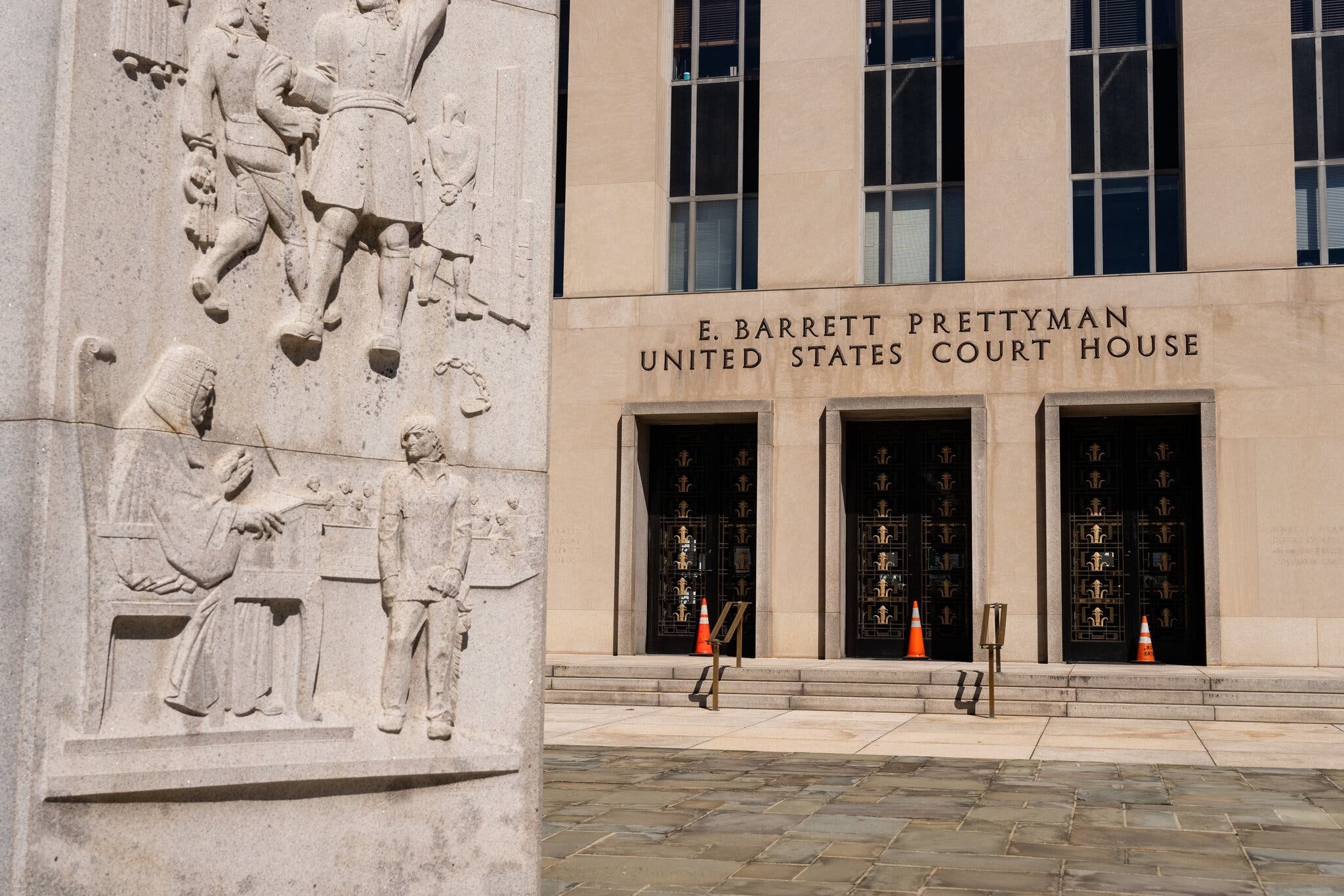 |
Outside the E. Barrett Prettyman Courthouse in downtown Washington (USA). Photo: New York Times . |
The past few weeks have shed light on many of the decisions that shape the tech world today. It’s where conversations, competitive plans, and leadership thinking are revealed to the public.
For example, in the early 2010s, Facebook executives feared that Google might acquire WhatsApp and fold it into Android, creating a monopoly on mobile messaging. In Google’s court case, that fear became a reality when the company was accused of “forcing” smartphone makers to use Google Search as their default search engine.
In addition to the familiar names, there are also emerging companies. If Google is forced to sell Chrome, several witnesses have expressed interest in buying it, including Yahoo, Perplexity, and OpenAI.
While it may take months before a verdict is reached, the outcome of the trial could reshape the future of the Internet, much as the case between the US Department of Justice and Microsoft did more than 20 years ago. However, it is likely that the companies that won this time will return to court in a decade or two in the opposite capacity.
Source: https://znews.vn/noi-dang-dinh-hinh-tuong-lai-internet-post1563588.html



![[Photo] More than 124,000 candidates in Hanoi complete procedures for the 2025 High School Graduation Exam](https://vphoto.vietnam.vn/thumb/1200x675/vietnam/resource/IMAGE/2025/6/25/fa62985b10464d6a943b58699098ae3f)

![[Photo] General Secretary To Lam works with the Standing Committee of Quang Binh and Quang Tri Provincial Party Committees](https://vphoto.vietnam.vn/thumb/1200x675/vietnam/resource/IMAGE/2025/6/25/6acdc70e139d44beaef4133fefbe2c7f)

![[Photo] First training session in preparation for the parade to celebrate the 80th anniversary of National Day, September 2nd](https://vphoto.vietnam.vn/thumb/1200x675/vietnam/resource/IMAGE/2025/6/25/ebf0364280904c019e24ade59fb08b18)
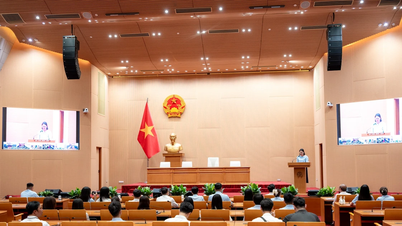


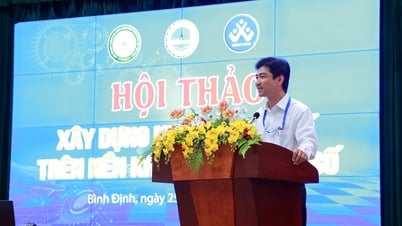

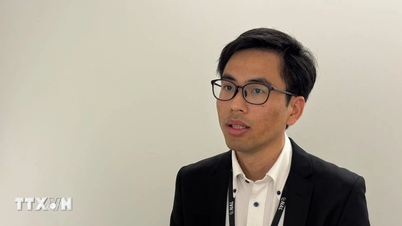

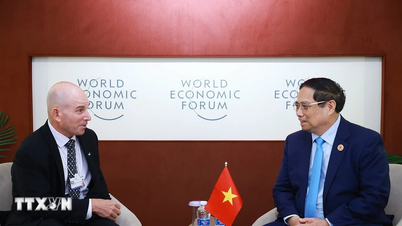









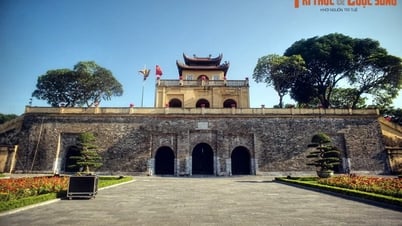

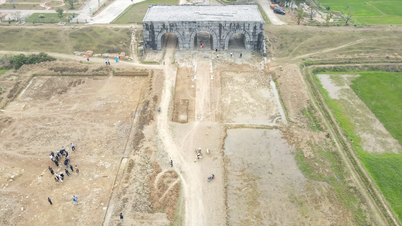





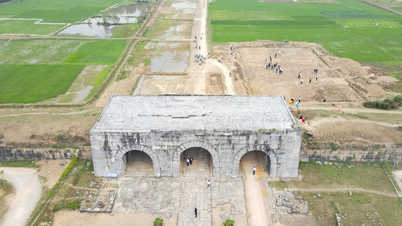






















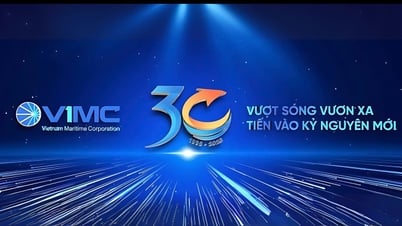










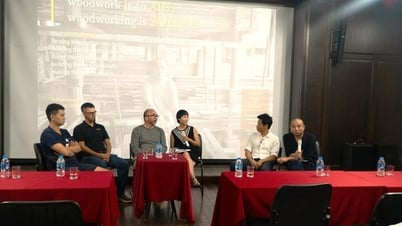





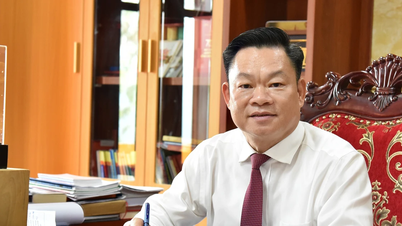


























Comment (0)